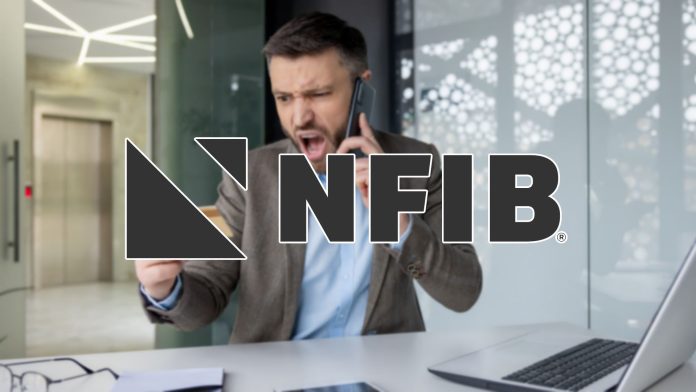A recent case in Portland sheds light on the potential risks and repercussions associated with pandemic relief programs designed to support small businesses. Peter Igwacho, a 64-year-old resident of Anchorage, Alaska, was found guilty of wire fraud by a federal jury for submitting fraudulent applications for COVID-19 relief funds. This case underscores the importance of transparency and diligence in accessing such financial support.
Between April 2020 and October 2021, a period marked by significant economic challenges due to the COVID-19 pandemic, Igwacho filed five fraudulent applications through the Paycheck Protection Program (PPP) and the Economic Injury and Disaster Loan (EIDL) program. These programs were established to aid small businesses struggling to maintain operations during the pandemic. However, Igwacho misrepresented crucial information, falsely claiming he had a functioning sole proprietorship with employees and actual revenues.
Upon receiving these funds, Igwacho diverted the relief money for personal expenses rather than utilizing it for its intended purpose: supporting small business operations during a time of crisis. The implications of this case resonate deeply within the small business community, highlighting the need for integrity in financial dealings.
Key takeaways for small business owners include the outlined responsibility of ensuring that any applications for relief funds are truthful and accurate. The fraudulent actions taken by Igwacho not only harmed the integrity of federal support programs but also subjected him to significant legal consequences, including a potential maximum sentence of 20 years in prison, a $250,000 fine, and three years of supervised release.
“The PPP and EIDL programs were designed to help small businesses facing financial difficulties during the COVID-19 pandemic,” a statement from the prosecuting authorities emphasized, underlining the programs’ original intent to provide genuine assistance. The investigation was conducted by the Small Business Administration (SBA) Office of Inspector General and the Treasury Inspector General for Tax Administration, demonstrating the vigilance with which oversight bodies are managing relief programs.
For small business owners, the message is clear: while these programs can provide critical support, they come with strict eligibility requirements and oversight. Missteps can lead to serious legal consequences, as evidenced by Igwacho’s case. As small business owners navigate these relief options, they must ensure accuracy in all submitted information.
Though the Justice Department is committed to prosecuting fraud to protect integral programs intended to support small businesses, this case also signals a broader warning about potential scams and fraudulent activity that may arise, particularly during substantial economic distress. Small business owners should remain vigilant and report any suspicious activities to appropriate authorities, helping to safeguard the integrity of funding mechanisms.
In light of this conviction, small business owners might consider implementing robust financial monitoring systems within their operations. Understanding the nuances of these relief programs is crucial for maintaining compliance and ensuring funds are utilized correctly. Furthermore, professionals in the accounting or legal fields can offer guidance to help navigate the complexities of relief applications.
As the date for Igwacho’s sentencing approaches, scheduled for November 18, 2025, the case will continue to serve as a reminder of the importance of ethical conduct in business operations. The community of small businesses must remain united in maintaining the integrity of programs that are meant to provide essential support during challenging times.
To read more about this case and its implications, visit the original press release from the U.S. Department of Justice here and for insights on recent investigative cases and updates from the SBA, click here.
Image Via Envato: voronaman111



